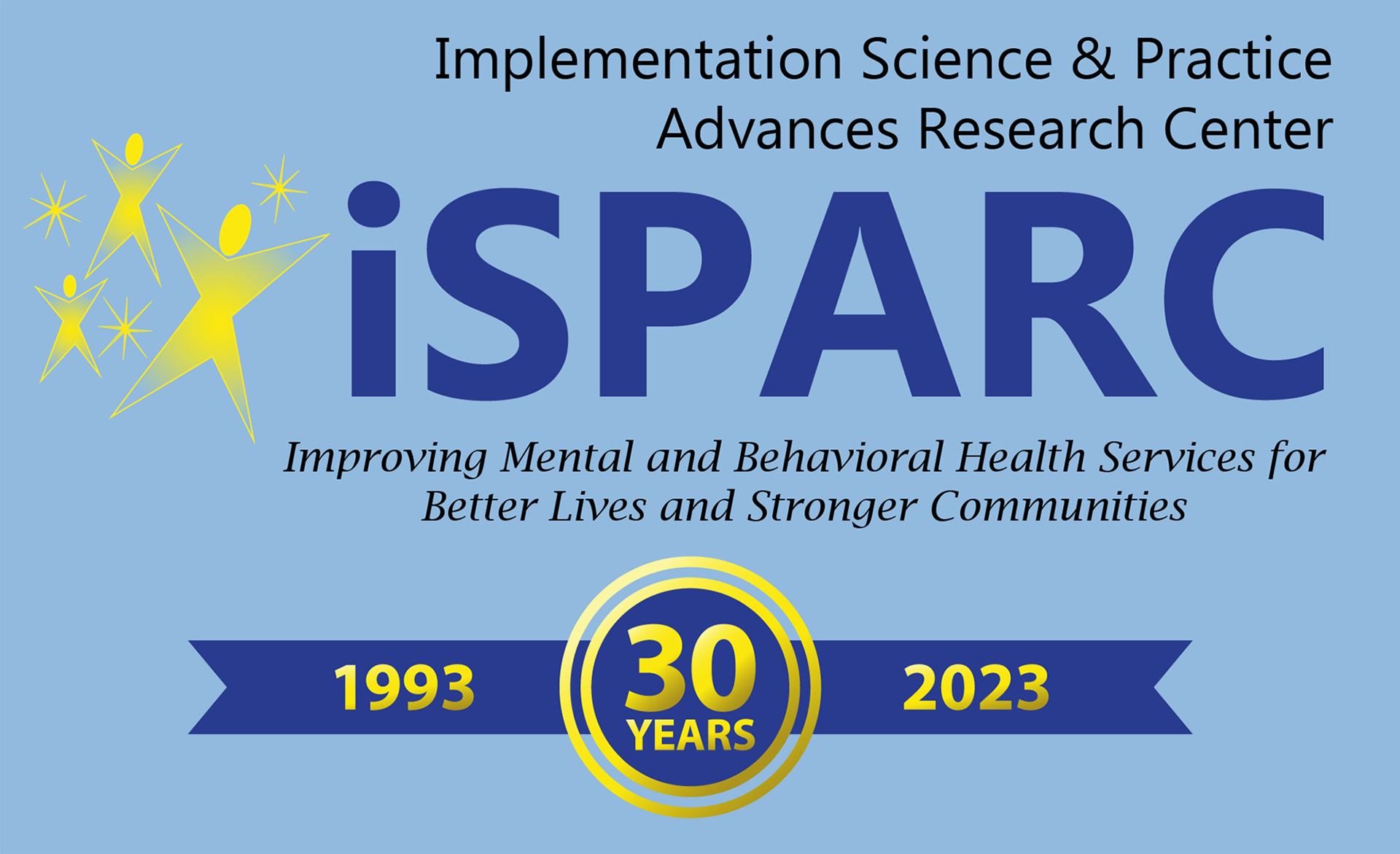Life Compass Research Program
The Life Compass Research Program conducts research, education, and clinical work focused on improving community participation, relationships, and mental health using acceptance and mindfulness-based approaches. Our work largely centers on applications of Acceptance and Commitment Therapy (ACT) for use in digital and clinical settings to help people with mental health and substance use conditions to improve their quality of life and social integration. As leaders in implementation science, we work with communities and organizations to translate research into practice—helping health care systems adopt effective mental health and substance use approaches that focus on improving well-being.
Meet the Team:

Megan Kelly, PhD
Professor of Psychiatry & Principal Investigator

Emma Narkewicz, MPA
Clinical Research Coordinator III

Mei Pearlstein, BS
Research Coordinator I
Major Accomplishments:
ACTSocial Young Adult Advisory Board: The ACTSocial study has partnered with a group of young adults with mental health conditions to infuse valuable input from individuals with lived experience into the study. Meetings occur periodically throughout the year, where members give feedback on written materials, dissemination products, and preliminary analyses.
We have developed Acceptance and Commitment Therapy to Improve Social Support, an adaptation of Acceptance and Commitment Therapy that focuses on improving the relationships and social connectedness of people with mental health conditions. This approach is delivered via psychotherapy and digital interventions developed by our team.
Dr. Kelly has also trained many community providers on Acceptance and Commitment Therapy for Cravings and Addictions, based on an approach that she developed with Dr. Maria Karekla from the University of Cyprus.
Research:
Acceptance and Commitment Therapy to Improve Social Support for Veterans with PTSD
Title: Acceptance and Commitment Therapy to Improve Social Support for Veterans with PTSD
Dates: 10/1/2020-9/30/2025
Funder: VA Rehabilitation and Development
Project Team: Megan M. Kelly, Ph.D., Scott Reece, BS, Erin Reilly, Ph.D., Victoria Ameral, Ph.D.
Description:
The primary aim of this project is to evaluate the efficacy of Acceptance and Commitment Therapy to Improve Social Support for Veterans with PTSD (n=75) compared to Present-Centered Therapy (n=75) in a randomized controlled trial at three sites.
A Clinician-Facilitated Intervention to Integrate a Mobile Health App in Mental Health Care to Improve Social Support for Veterans with PTSD
Title: A Clinician-Facilitated Intervention to Integrate a Mobile Health App in Mental Health Care to Improve Social Support for Veterans with PTSD
Dates: 7/1/2025-12/31/2026
Funder: VA Health Systems Research
Project Team: Megan M. Kelly, Ph.D., Scott Reece, BS, Kendra Pugh, Ph.D.
Description:
The primary aim of this project is to develop and evaluate a provider-supported intervention to integrate the ACTsocial app in mental health care.
Aim 1. Develop a provider support guide for the integration of the ACTsocial app in mental health care via interviews with mental health providers [(n=12 total); psychologists/social workers (n=6), peer specialists (n=6)] and Veterans (n=12), guided by the Consolidated Framework for Implementation Research to determine barriers and facilitators to integrating the ACTsocial app into mental health care.
Aim 2. Examine the feasibility, acceptability, and preliminary efficacy of ACTsocial integrated into mental health care among Veterans with PTSD (n=20), mental health clinicians (n=2) and peer specialists (n=2) in a pilot open trial.
Aim 3. Prepare a final version of the ACTsocial provider support guide and app for a future Hybrid Type 2 Effectiveness-Implementation trial.
Selected Publications:
Kelly, M. M., Sido, H., Forsyth, J. P., Ziedonis, D., Kalman, D., & Cooney, J. L. (2015). A pilot feasibility study of an Acceptance and Commitment Therapy smoking cessation treatment for Veterans with posttraumatic stress disorder. Journal of Dual Diagnosis, 11, 50-55.
Kelly, M. M., DeBeer, B. B., Meyer, E., Kimbrel, N., Gulliver, S., & Morissette, S. (2019). Experiential avoidance as a mediator of the association between posttraumatic stress disorder symptoms and social support: A longitudinal analysis. Psychological Trauma: Theory, Research, Practice, and Policy, 11, 353-359.
Kelly, M. M., Reilly, E. D., Ahern, M., & Fukuda, S. (2020). Improving social support for a veteran with PTSD using a manualized Acceptance and Commitment Therapy approach. Clinical Case Studies, 18, 189-204.
Scoglio, A. A. J., Reilly, E. D., Girouard, C. M., Quigley, K., Carnes, S., & Kelly, M.M. (2022). Social functioning in individuals with posttraumatic stress disorder: A systematic review. Trauma, Violence, & Abuse, 23, 356-371.
Kelly, M. M., Reilly, E. D., Ameral, V., Richter, S., & Fukuda, S. (2022). A randomized pilot study of Acceptance and Commitment Therapy to Improve Social Support for Veterans with PTSD. Journal of Clinical Medicine, 11, 3482.
Kelly, M. M., DeBeer, B. B., Chamberlin, E., Claudio, T., Duarte, B., Harris, J. I., Kennedy, M. A., Shirk, S., & Reilly, E. D. (2022). The effects of loneliness and psychological flexibility on veterans’ substance use and physical and mental health functioning during the COVID-19 pandemic. Journal of Contextual Behavioral Science, 26, 217-226.
Heffner, J. L.,* Kelly, M. M.,* Reilly, E. D., Reece, S. G., Claudio, T., Serfozo, E. Baker, K., Watson, N. L., & Karekla, M. (2023). Avatar-led web-based and SMS text message smoking cessation program for socioeconomically disadvantaged veterans: pilot randomized controlled trial. JMIR Formative Research, 7, e44503.
*Equal first authorship
